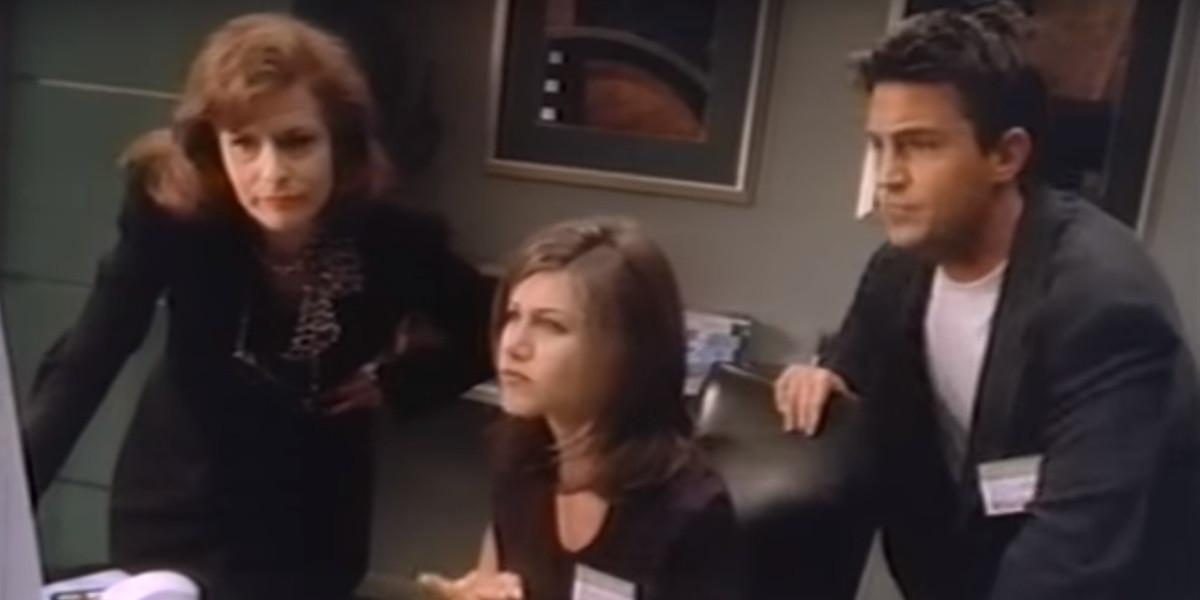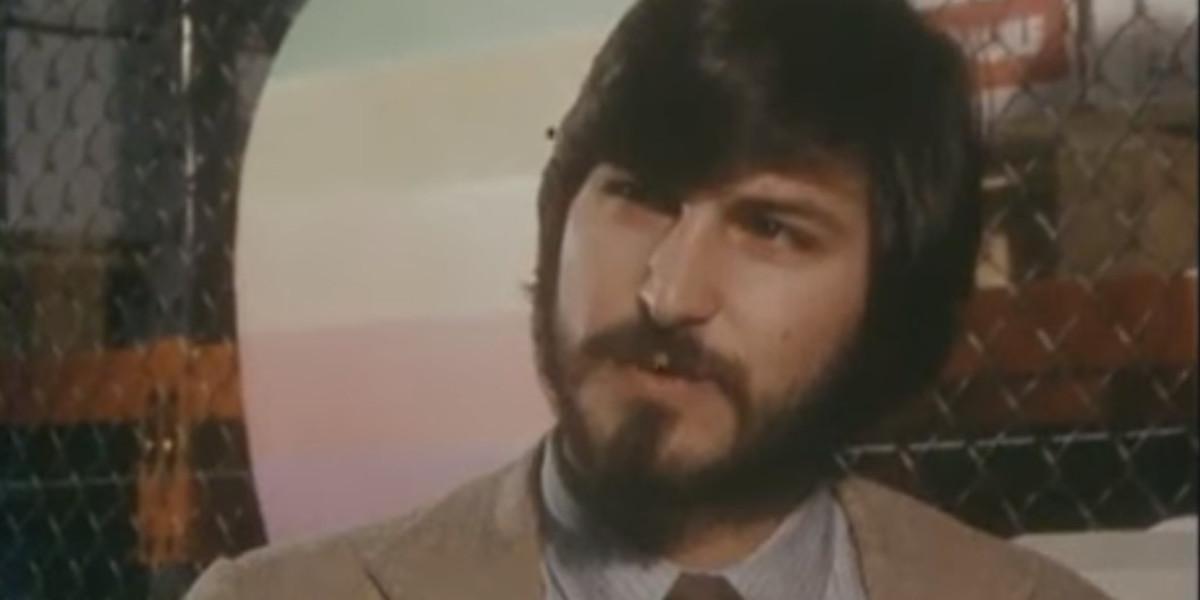Tomorrow’s World was a staple of the BBC TV schedule from 1965 to 2003. As the title suggests, the programme looked to the future, drawing attention to new developments in science and technology – with trailblazing entrepreneurs often at the forefront.
It was the first time that many of the British public saw a home computer or a mobile phone on their TV screens. It left an indelible mark on many people who watched it, including the likes of Professor Brian Cox, who now fronts a series of shows under the Tomorrow’s World banner.
“The original Tomorrow’s World inspired a generation – it certainly inspired me back in the 1970s”
Those inventions, like many featured on the show, are now indispensable components of everyday life. Whilst we may laugh at their primitive early incarnations, we’ve picked out five landmark moments when Tomorrow’s World accurately predicted the future.
The home computer
It’s hard to imagine going to work and not looking at a computer screen for most of your day. I mean, what do you do at work if you’re not logged into a computer?
The first modern computers were huge complex machines that took up entire laboratories, pioneered by the likes of Alan Turing in the post-war years.
But, like much 20th-century technology, evolution came at a rapid pace.
By the time of this 1967 episode of Tomorrow’s World we were able to glimpse at a future where computers would be a fixture in our homes and workplaces. Imagine that?
ATM and chip and pin
In a world where cashless transactions are becoming the norm, today we wouldn’t think twice about leaving the house with just a debit or credit card to pay for our morning coffees or our post-work pints.
Things weren’t always so speedy and convenient.
Imagine a world instead where your precious coins and banknotes were stored in a vault or instead stuffed under the duvet? A world where you had to fumble through your pockets for the right change, or nervously carry around large of sums of money? Oh, the horror.
By the late 1960s, however, things were changing. Barclays issued the first UK credit card in 1966, ushering in a new banking revolution, as highlighted in this 1969 episode of Tomorrow’s World.
Kraftwerk
OK, more of a cultural spin on this one, but highly significant.
In 2018 popular music is awash with all kinds of digital instrumentation and production methods from drum machines to auto-tune. In the early 70s, however, pop music was still largely characterised by groups playing live instruments.
Regarded as one of the most influential artists in music, Kraftwerk’s 1974 live appearance on Tomorrow’s World signposted the beginnings of the new musical era that was to spawn multiple genres from hip-hop to techno to synthpop. Playing a shortened version of their 20-minute opus ‘Autobahn’, here the German pioneers showcase their innovative brand of ‘machine music’.
Mobile phones
Despite appearing on the show in 1979, mobile phones didn’t become a widely-used technology until the early 2000s with the likes of the iconic Nokia 3310.
It’s easy to see why.
The cumbersome size of early iterations, such as the Motorola DynaTAC, now draw ridicule, ultimately becoming synonymous with 80s yuppie culture.
The model demonstrated in this clip, whilst primitive, represented a breakthrough for the technology. Connected by a cord to a separate signal-receiving-device, the phone handset itself is the same as you might imagine across millions of 1970s households. A long way from the slick and refined iPhone Xs, or even the Nokia 3310, but an important milestone on the way to today’s interconnected world.
The information superhighway
Informi’s very existence would scarcely be possible without the next invention. Indeed, much of modern life would be very different if we didn’t have the internet to satisfy our every need.
This 1994 clip looks more broadly at the ‘information superhighway’, a term that was coined to describe the movement towards digital communications and the Internet telecommunications network. It quite accurately predicts the boundless potential of this new technology but, interestingly, focuses on the entertainment industry and even talks of video on demand. If only we could sort out those pesky dial-up issues?
There are plenty more times Tomorrow’s World got its predictions spot on (see touchscreen technology) and, of course, plenty of misses too (see Hissing Sid the robot snooker player). What’s clear in each of these examples is how indispensable technology soon becomes in our lives. We now struggle to imagine how we ever coped without these inventions.
That doesn’t happen by itself, though. In so many cases, it’s the business world leading the charge, harnessing the power of new developments in science and technology to develop innovative, game-changing, consumer-friendly products. So, what technological advancement will bring the next world-changing product? And which entrepreneur will make it happen?












